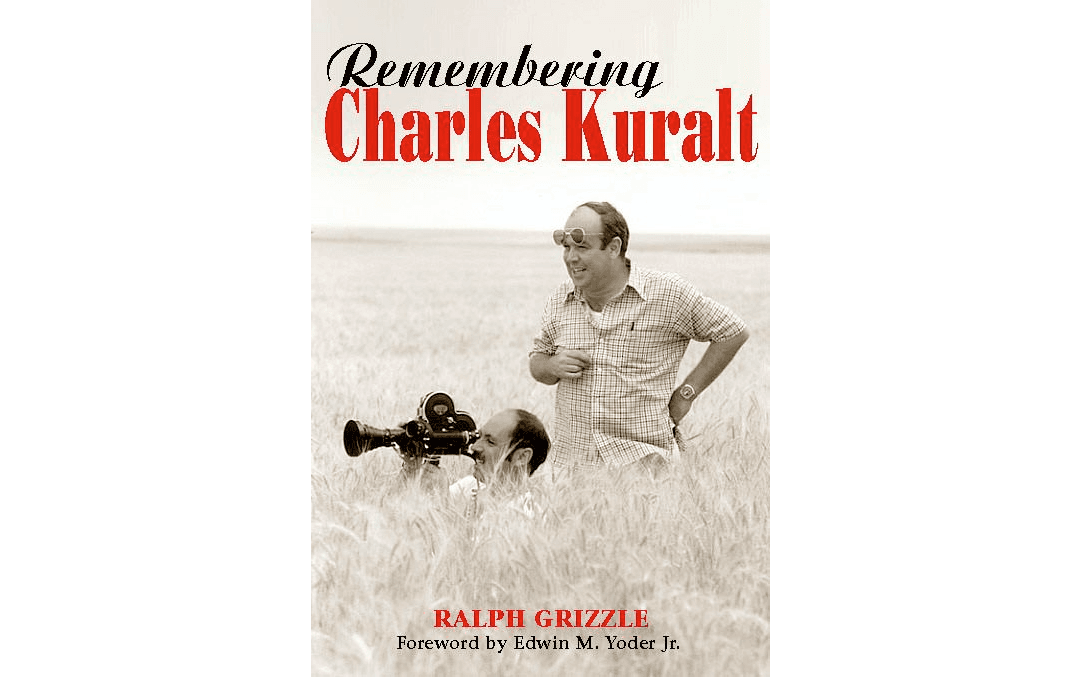It’s more than alphabetic order that places Noah Webster’s 1828 American Dictionary of the English Language definition of “journal”—“an account of daily transactions and events”—first before defining “journalist.” It’s the fact that the news is more important than the person who observes those daily transactions and events and writes them down. Arguably, 21st-century journalists often write less about what they witness and more about what they think or want others to think.
Not so with Charles Kuralt (1934–97). He began his career writing true, authentic news stories about people and places for a newspaper, and he ended his career telling and showing true, authentic news stories about people and places for CBS’s television series “On the Road.”





